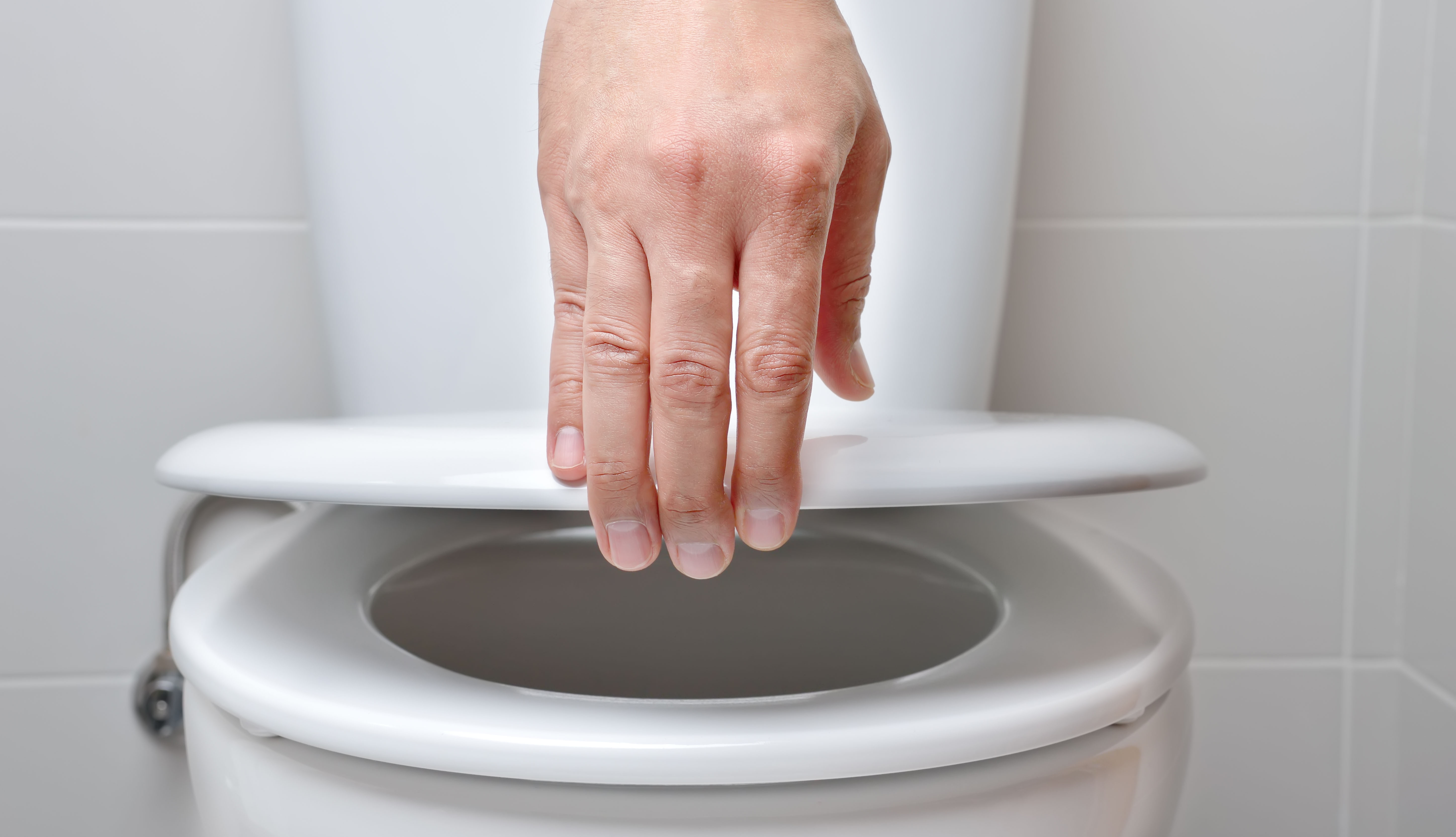
- Select a language for the TTS:
- UK English Female
- UK English Male
- US English Female
- US English Male
- Australian Female
- Australian Male
- Language selected: (auto detect) - EN
Play all audios:
As odd as it may sound, researchers believe that the noise you make in the bathroom could someday in the not-too-distant future alert public health officials to outbreaks of cholera and
other diseases — an idea that goes well beyond today’s efforts in tracking COVID-19 through wastewater samples. In September 2020, the Centers for Disease Control and Prevention (CDC)
established the National Wastewater Surveillance System (NWSS) to help track the presence of the virus. Basically, water flushed from toilets is tested for the presence of coronavirus when
it reaches community treatment facilities. THE SOUND OF GASTROINTESTINAL DISEASE Researchers are now hoping to get the poop on emerging outbreaks of other diseases, such as cholera,
directly from your home toilet. Using a noninvasive microphone sensor to monitor toilets, they claim they could identify bowel diseases without collecting any identifiable information about
the toilet user. Maia Gatlin, a research engineer at the Georgia Tech Research Institute, explained the concept at the Acoustical Society of America’s 2022 conference. The sounds people make
when they pee or poop are similar. Urination typically creates a consistent tone, and defecation a singular tone. Diarrhea, on the other hand, is more random. The researchers created a
database of recordings of these bodily functions that was fed into a machine learning algorithm that learned to classify each event based on its features. The algorithm, they say, can
classify the event as either diarrheal or non-diarrheal with up to 98.1 percent accuracy. (Study results have yet to be published in a peer-reviewed journal.) By correctly identifying
outbreaks of diarrhea, public health officials could track the spread of cholera, a bacterial disease that induces diarrhea. Cholera is responsible for about 150,000 yearly deaths worldwide.
Alerting health officials early to a potential outbreak would help them allocate resources and aid, the researchers said. “The hope is that this sensor, which is small in footprint and
noninvasive in approach, could be deployed to areas where cholera outbreaks are a persistent risk,” Gatlin said in a statement. The algorithm is also capable of classifying other excretion
events, such as urination, flatulence and defecation, that could help monitor for other gastrointestinal diseases. “The sensor could also be used in disaster zones (where water contamination
leads to spread of waterborne pathogens), or even in nursing and hospice care facilities to automatically monitor bowel movements of patients,” wrote Gatlin. “Perhaps someday, our
algorithm can be used with existing in-home smart devices to monitor one’s own bowel movements and health.”










